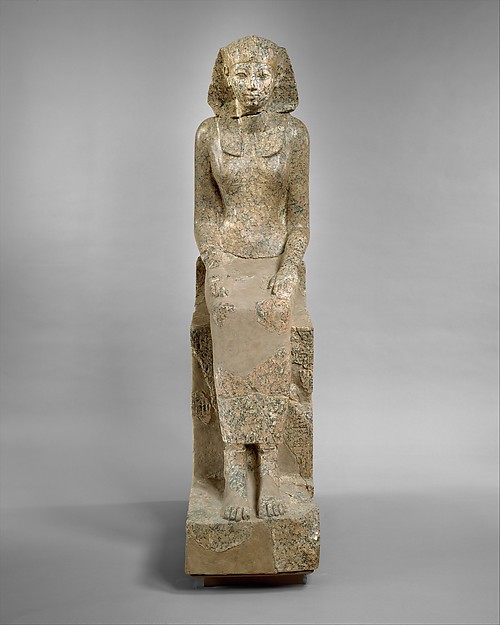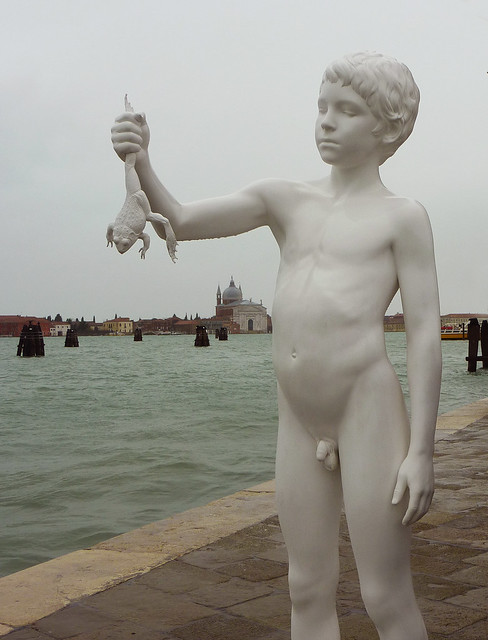Saturday, August 31, 2013
445. Tenant Farmer - Andrew Wyeth - 1961 - Delaware Art Museum
I grew up the Midwest, not the Northeast. I've never been to rural areas of New England either. Yet I know this scene. That deer is awaiting a dressing and bleeding out. My uncle just shot it, from the deer blind two acres off. That's my grandparents' house. Grandpa, by noon already half in the bag, is done hunting for the day. Grandma's inside, puffy white hair, t-shirt, long skirt, busied by women's work.
446. A Lawn Being Sprinkled - David Hockney - 1967 - LA Louver
I also like the cover of Joni Mitchell's The Hissing of Summer Lawns. It's tactile and weird. A Lawn Being Sprinkled, not much older than Mitchell's album, is even glossier and moderner. Its sprinkler forms reflect the stately shape guise of Mitchell's characters' lives. The form, water and California glow is gorgeous. But if those sprinklers were turned off, that grass would die. The house would lose charm. Hockney's art so often suggests the emotional decay Mitchell's lyrics elucidate.
448. Second Army Attacks Port Arthur - Kobayashi Kiyochika - 1894 - MFA
A beautiful, propagandistic late (Meiji) ukiyo-e (woodblock print) celebrating a major Japanese victory in the Russo-Japanese war. Its immediacy reflects its impeccable craft.
451. Sleep - Kehinde Wiley - 2008 - RFC
I'm in love with Kehinde Wiley. His huge painting at DIA is one of my favorites (but I haven't yet found a decent, large image). In Sleep, clothes are missing, bringing the sexuality so often suggested in Wiley's paintings forefront. It's still undeniably Wiley. His motifs and aesthetic are unmistakably his, making him an essential artist.
469. Veronica Franco - Jacopo Tintoretto (or follower) - 1575 - Worcester Museum
Franco was a famous Venetian prostitute and poet, later tried for witchcraft. She was extremely PR savvy, which included commissioning great artists to paint her portrait. This portrait from Tintoretto's workshop is however pretty much the only one scholars are nearly sure is her.
471. The Amanthus Sarcophagus - 5th Century BCE - The Met
Sarcophagi, like modern tombstones and epitaphs, are the dead telling us who they are. Sometimes pithily, sometimes ornately. The Amanthus Sarcophagus, of hard limestone (to hasten decomposition), probably belonged to a king on the island of Cyprus. It reflects its era's confluence of Greek, Roman and Cypriot culture. There's a fairly typical chariot scene, but check out those opposite faced reliefs of naked dancing ladies (Astarte figures) and beast-men (Bes figures). They're about fertility. Yikes.
472. The Creation of the World and the Expulsion from Paradise - Giovanni di Paolo - 1445 - The Met
Loaded with symbolism (the concentric circles, the cherubs supporting the Creator, etc.), colorful, intricate and more than a dose of trippy.
473. Te aa no areois (The Seed of the Areoi) - Paul Gauguin - 1892 - MOMA
I like Gauguin but I don't. His religious paintings, particularly Jacob Wrestling with the Angel, are awful. His paintings of Tahitian girls however captivate me. Visually, they're sensuous, colorful, mysterious, amateurish. Emotionally, there's a sense of dread and longing. And almost as an afterthought, but perhaps the thought that lingers longest, there's the conspicuous reduction of women to symbols of sex and culture, as re-contextualized and sold by a fashionable fad ("Primitivism") of Tahiti's French overlords.
Friday, August 30, 2013
474. The Haywain Triptych - Hieronymus Bosch - 1516 - Museo del Prado
Not quite the fever dream that is The Garden of Earthly Delights, but weird all on its own. The giant hay bale, itself resembling an object of devotion, which dwarfs the ignored Jesus presiding above over all, baffles me.
475. Candy Cigarette - Sally Mann - 1989
Mann's photos of children (often her own) present full fledged human beings that confront us with the complicated psychology of small bodies.
476. Femme Maison (Woman House) - Louise Bourgeois - 1947-48
These are very early works of Bourgeois, back when she was still a painter-wannabe housewife. These works blueprinted much of Bourgeois's sculpture work to come.
478. Untitled (Portrait of Enrique Maza) - Robert Mapplethorpe - 1970/73
With all the pornographic BS surrounding Mapplethorpe, it's easy to forget he took some real purty pictures. Here's one: innocent, beautiful, stalled, permanent.
479. Nkisi Nkondi Power Figure - late 1800s/early 1900s - Kongo, around Mayombe, Bas-Congo, DR Congo
Power figures, aka nail fetishes, were Kongolese spiritual artifacts created as early as the mid 1800s. The carved figures housed a spirit. Each nail driven into the figure is represents an agreement or solution (i.e., in matters of illness, disagreement, etc.) on behalf of one or more community members.
481. Untitled - Judith Scott - 1988-89
I don't know anything about Judith Scott (1943 – 2005) besides I love her. I understand her Down's Syndrome was so severe she never spoke. Yet, her art sings. It is blobby, lumpy and stupid, colorful, textural, variable and emotionally stacked.
Scott's place in the critical world of contempo art must be controversial but impossible to ignore. Collectors must want Scott. I say that because I would.
See also:
Untitled, 2000-02
Thursday, August 29, 2013
482. Hyacinthe changé en fleur - Nicolas-René Jollain - 1769
Neoclassical homoeroticism. Hyacinth was killed during a man vs. man discus duel over his body rights. Here we see dueler Apollo grieving the fatal consequence of his competitiveness. Jollain's talent and aesthetic is generic and basic, but Hyacinthe change en fleur's content is nevertheless a resonant example of the homoeroticism in consistent demand from artists in all eras, in all socioeconomic contexts.
483. Large Kneeling Statue of Hatsheput - 1473-59 BCE
The few remaining Hatsheput portraits are remarkable for their general destruction--still a why unanswered--and their artists' creative and varying solution to the sex problem. The sex problem being how to represent a female pharaoh when masculine attributes dominated such royal propaganda. Solutions varied--as evidenced by the presence or lack thereof of Hatsheput's breasts and the pharaoh's beard as featured in her few remaining sculptural portraits--among many other tidbits.
484. Sharecropper - Jerry Bywaters - 1937 - Dallas Museum of Art
 I adore Regionalism. Perhaps, coming from the breadbasket (aka Wisconsin), it's a given. As a Wisconsinite, or maybe just because I understand the obvious, nothing compares to the Midwest evocation of Wood's, Hopper's or John Steuart Curry's work and their ability to illicit the sinister suggested beneath the legendary "Midwest nice." Jerry Bywaters, although a famous Texan, evinces the stoic mix of natural beauty and determined sadness of perfected regionalism. IMO, Regionalism didn't just stake place in the heartland. It started with Sloan then Cadmus in NYC, then spread west as things do, becoming perfected by Wood, Curry and others. Bywater's astonishing, solemn work is an example of a stop along the way.
I adore Regionalism. Perhaps, coming from the breadbasket (aka Wisconsin), it's a given. As a Wisconsinite, or maybe just because I understand the obvious, nothing compares to the Midwest evocation of Wood's, Hopper's or John Steuart Curry's work and their ability to illicit the sinister suggested beneath the legendary "Midwest nice." Jerry Bywaters, although a famous Texan, evinces the stoic mix of natural beauty and determined sadness of perfected regionalism. IMO, Regionalism didn't just stake place in the heartland. It started with Sloan then Cadmus in NYC, then spread west as things do, becoming perfected by Wood, Curry and others. Bywater's astonishing, solemn work is an example of a stop along the way.
486. Reading - Berthe Morisot - 1873
Morisot was the sister-in-law to Manet. Her impressionist paintings are really whatever, but I like Reading. It's easy to feel the sunny day and the woman enjoying herself. Likewise, women reading was something of a revolutionary subject in mid 1800s France. Women did it, yet it wasn't much talked about or represented due to its implication of future book-learned women potentially--gasp--voicing opinions. Mary Cassatt liked reading, and driving, as activities for her female subjects. Much like Cassatt, Morisot's Reading is revolutionary in its now everyday subject matter.
487. Trajan's Column - 113 AD - Rome
Trajan's Column is a monumental tower, 35 meters tall, grazing the sky, reaching towards the height of human achievement as perfected in war and made eternal in stone. Like a coiled snake, a 190 meter frieze winds its way up, depicting the Romans fantastic victory over worthy foes the Dacians. Symbols, personifications, and Trajan himself abound amongst the intricate, propagandist carving.
Labels:
Apollodorus,
Apollodorus Demascus,
Roman,
Roman art,
Trajan
488. Boy with Frog - Charles Ray - 2009
American sculptor Charles Ray's sculpture Boy with Frog was recently removed from its place in Venice.
Labels:
american,
american art,
contemporary art,
modern art,
sculptor,
sculpture
Subscribe to:
Comments (Atom)


















.jpg)




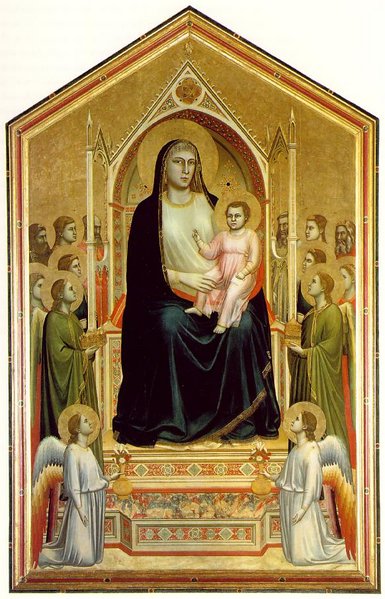


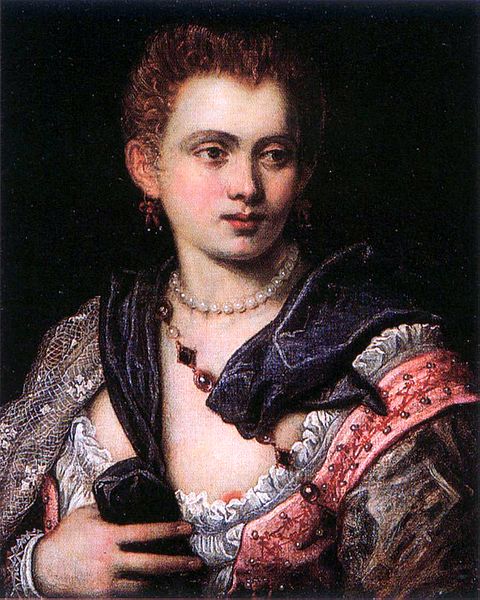

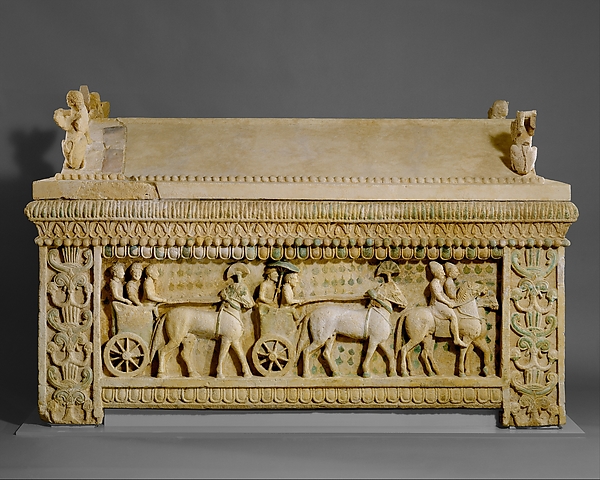
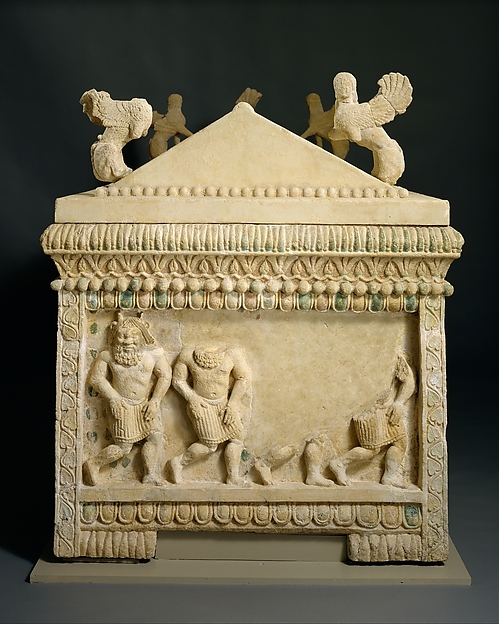
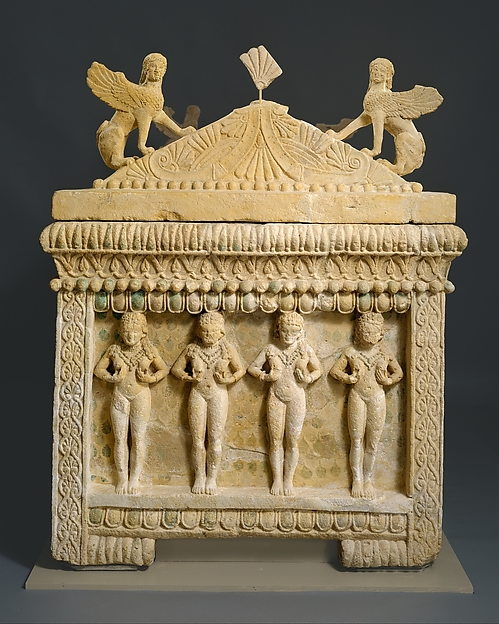
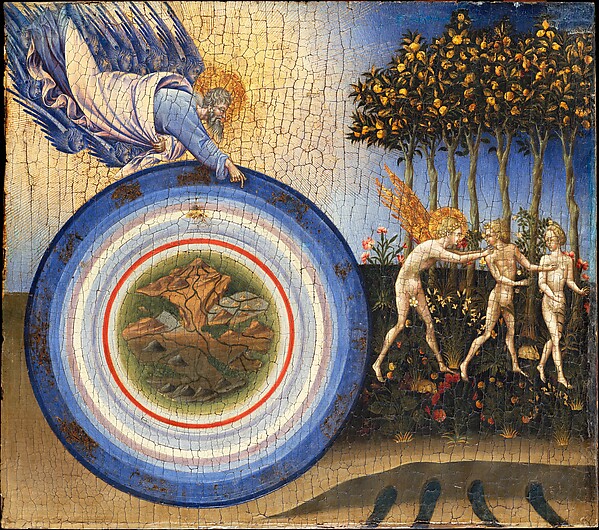


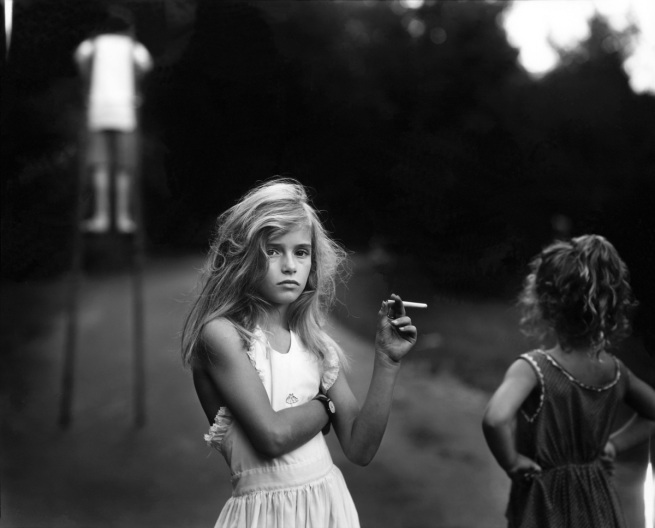


+-+1970.jpg)





